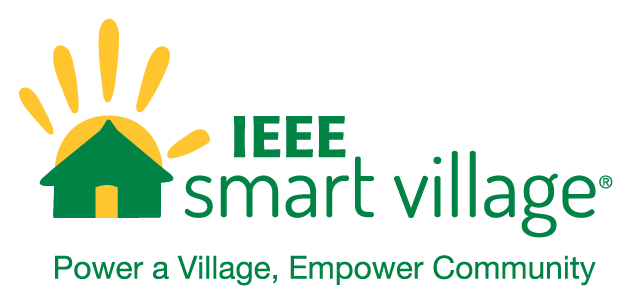IEEE Smart Village Operating Committees
The IEEE Smart Village program and operations will be carried out by seven operating committees, which include the following:
Fund Development – Without donations to the program, the IEEE Smart Village initiative’s ambitious humanitarian goals cannot be achieved. Members of this committee work closely with the IEEE Foundation on fundraising campaigns to cultivate donations within IEEE societies, members, and external sources. This committee and its working groups develop the overall fundraising strategies, specific cultivation targets, and solicitation strategies to approach and engage donor prospects. In addition to soliciting gifts from within IEEE membership, this committee also works to engage leadership-level and major gift-level corporate, individual, and family foundation prospects for cultivation and solicitation. Members of this committee are expected to make personal financial commitments to the fundraising effort and, where appropriate, secure corporate investments. At all times, committee members seek out and serve as advocates for the fundraising effort at all appropriate venues and campaign-related gatherings.
Engagement – The gatekeeper committee to the IEEE Smart Village world has immediate opportunity for volunteer members and is perhaps the most dynamic and exciting of all committees. Receiving all the inquires—from individuals, businesses and corporations, large and small non-governmental organizations, domestic and international program partners, and many others—this committee filters, directs, engages and empowers newcomers to IEEE Smart Village. This includes interactions with a university student exploring interests and curious about becoming an IEEE Smart Village overseas field ambassador to opportunities with major multi-national non-government organizations. The Engagement Committee helps guide those interested in supporting the program to the best avenue for participation and support in the initiative. The committee transforms parties interested in the program into active committee members, ambassadors, mentors, NGO partners, and volunteer managers of the program.
Operations – These are the “in the field” individuals who help develop and implement IEEE Smart Village solutions in communities around the world. Once an NGO partner receives approval of their in-country project, it’s the Operations Committee that has the responsibility to support that partner’s introduction of the program in their village. Successful establishment of a self-sustaining micro-utility in a remote off-grid community is a challenge. Although most think first of the importance of hardware reliability and zero down-time requirements of nascent, islanded renewable-energy utilities serving the needs of energy-impoverished villages, it’s actually the day-to-day business operations of the IEEE Smart Village franchise model that is key to the program’s success. Working closely with the Technology Committee and the Educational Committee, the Operations Committee (and its working groups of volunteers) nurtures the fledgling micro-utilities through the first two years of operation. Perhaps the most active and hands-on committee of IEEE Smart Village, this is the group that oversees the assignment of member mentors, collects metrics on program activities, monitors data acquisition, and assures financial transparency and accountability of every IEEE Smart Village program.
Education – The initiative’s seed-funded projects achieve their goals through the successful education and training of recipients of IEEE Smart Village support. The committee identifies educational needs and opportunities that further IEEE Smart Village’s quest to establish self-sustaining, off-grid, micro-utilities around the world. Instructional needs are fulfilled via two overlapping educational modalities: (1) a degree-granting “Learning Beyond the Light Bulb” Development Practitioner program broadcast from the IEEE Global Classroom at the Posner Center for International Development in Denver, Colorado, and (2) field education and training of in-country entrepreneurs who are establishing IEEE Smart Village micro-utilities with critical knowledge in sustainable business-incubation and microgrid technical operations.
Technology – The Technology Committee is the hands-on group that identifies, and if needed, develops hardware and software solutions consistent with IEEE Smart Village implementation objectives. From needs expressed by the grass-roots NGO partners and Steering Committee, this committee (and its task-specific working groups) researches and reviews applicable, on-the-shelf technologies. If no solution is available in the market, then the committee can propose open-source development of hardware and software to address the need. The group then—through the efforts of volunteer members—plans the product development, creates prototypes, and coordinates field trials. Once the product proves its utility, they transfer the product knowledge base to manufacturers for further development and production. Volunteers with technical backgrounds and industry alignments are well suited.
Marketing – This team is empowered to get the word out about all the great things IEEE Smart Village is doing around the world. It’s the public relations and promotional activities of the Marketing Committee that garners volunteers, stimulates fundraising, and brings pride and ownership of the program across the IEEE world. Transforming the stories of impact and change (along with field data from the Operations Committee), the Marketing Committee publishes a Smart Village email newsletter, assists in the development and distribution of press releases and articles about programmatic accomplishments, and encourages participation in the program at conferences, expositions, events, and meetings worldwide. This group also oversees the IEEE Smart Village website and social media outlets with regular updates and contributions.
Finance – IEEE Smart Village’s annual budget and multi-country operations require wise oversight and the careful shepherding of generous donor-provided funding. These committee members are responsible for the appropriate distribution of the program’s annual budget. They oversee financial operations of the initiative and monitor the accountability of recipients of IEEE Smart Village grants and project funding. It’s this group that reviews all project proposals for financial transparency and budget allocation in support of the Steering Committee proposal approval process. Once a project is approved by the Steering Committee, this committee works with the NGO partner to prepare and submit the necessary paperwork to IEEE for funding and then works closely with the Operational Committee to assure financial responsibility and transparency throughout the life of the project.
The following applies to all committees:
- Committee members are expected to take an active role in their committee’s tasks and devote some time each week off-line working toward committee goals
- They must actively participate in conference calls/web meetings of one hour duration one to four times per month according to activity levels
- In-person meetings of one to three days take place one to two times per year
- Each committee is granted a modest annual administrative budget for committee travel and reimbursable expenses (per IEEE policy)
- Committee chair leadership:
- Is appointed by the Steering Committee
- Is a member of the Steering Committee
- Hosts the regular committee group meetings
- Manages the activities of the committee within their scope of responsibilities
- Maintains and updates current committee membership rosters
- Submit a monthly report to the Steering Committee
- Committee leadership (chair or vice-chair) can submit items (e.g. project proposals, nominees, funding requests, etc.) to the Steering Committee for consideration/action/approval
- Committee members are selected by the committee leadership and may be available in the volunteer pool managed by the Engagement Committee
- Sub-committees, or working groups, can be formed by a committee to address specific tasks/needs within an established timeline
- Committees are responsible for the oversight and management of their annual budget allocation (inclusive of operating and administrative budget) within the scope of responsibilities

